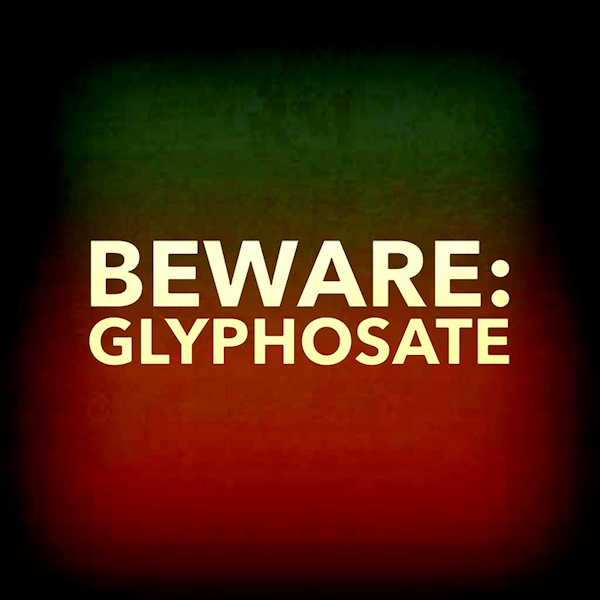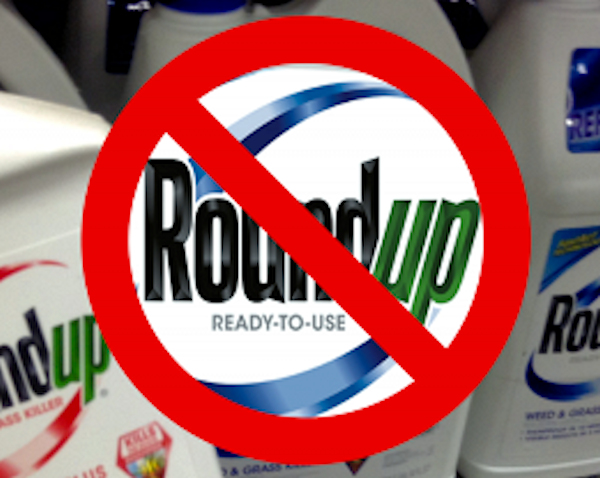 Ever heard of glyphosate (pronounced glahy-fos-eyt)? You may know it as the active broad spectrum herbicide in Round-Up and other weedkilling products like Killzall. So what is the current thinking when it comes to this “probable” carcinogen?
Ever heard of glyphosate (pronounced glahy-fos-eyt)? You may know it as the active broad spectrum herbicide in Round-Up and other weedkilling products like Killzall. So what is the current thinking when it comes to this “probable” carcinogen?
Well, the World Health Organization and the State of California have both listed the weed killer as “probably carcinogenic,” based on real world evidence of cancer in humans and studies done on experimental animals using pure glyphosate.
However, in January 2020, the EPA released an interim decision that found there are no risks of concern to human health when glyphosate is used in accordance with its current label. The EPA also found that glyphosate is unlikely to be a human carcinogen.
Even though the EPA has not officially declared glyphosate carcinogenic, that hasn’t stopped plaintiffs from winning several high profile lawsuits alleging that Round Up exposure has caused non-Hodgkin’s lymphoma, a type of cancer of the blood.
The good news is that the City of Napa has banned the use of glyphosate on city property since 2016, including parks and schools and in 2019 barred city contractors from using it as well. Many other U.S. cities are also banning glyphosate along with many countries around the world including Mexico and Austria.
 Even though the city of Napa restricts the use of the chemical, you will still find it for sale at local hardware stores. There are myriad ways to control weeds without glyphosate, including less toxic herbicides like Dr. Earth brand products that use essential oils for weed control, or by utilizing mulching and good old-fashioned weed pulling. Another is to use a 20% vinegar solution on your weeds.
Even though the city of Napa restricts the use of the chemical, you will still find it for sale at local hardware stores. There are myriad ways to control weeds without glyphosate, including less toxic herbicides like Dr. Earth brand products that use essential oils for weed control, or by utilizing mulching and good old-fashioned weed pulling. Another is to use a 20% vinegar solution on your weeds.
Sustainable St. Helena, a local non-profit, would like to see a Countywide ban on synthetic pesticides and herbicides in all municipalities, jurisdictions and public lands similar to those on the books in Marin and Sonoma Counties. To get involved, check out sustainablesthelena.org or email sustainablesthelena@gmail.com. Photo credit: thanks to Organic Consumers.